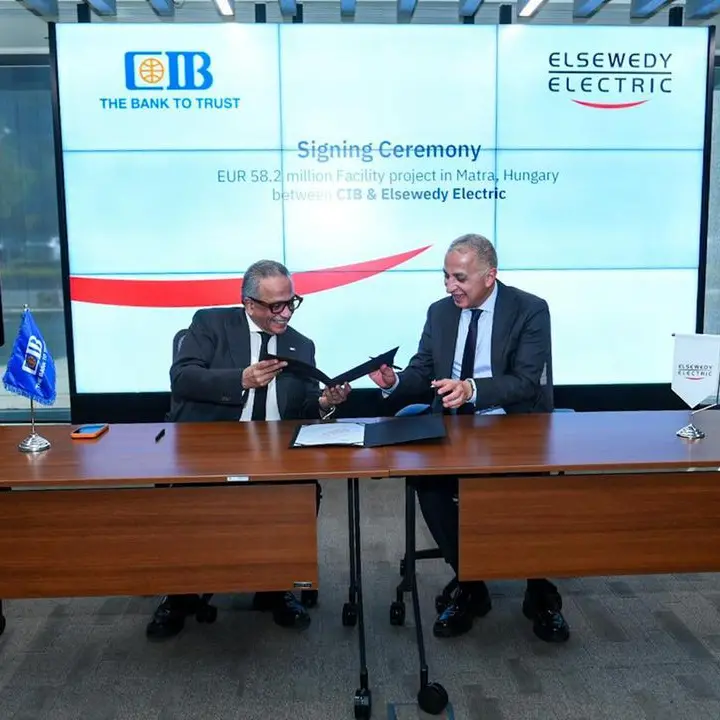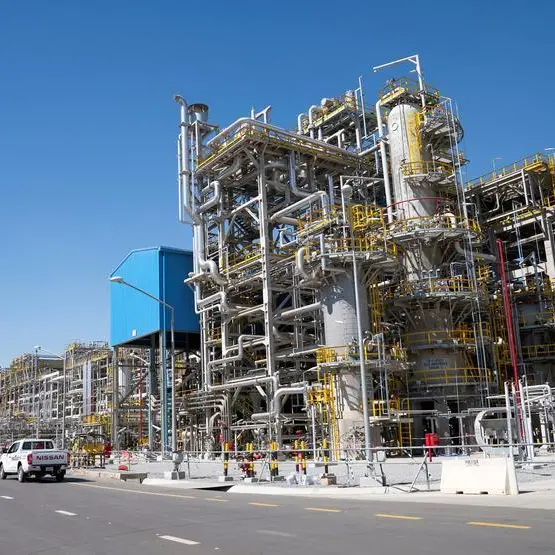PHOTO
Long-term lithium-ion battery energy storage system (BESS) costs are set to decline at an accelerated pace of 28-67 percent by 2050 compared to 16-49 percent in 2030, the US National Renewable Energy Laboratory (NREL) said in a report.
BESS costs will fall 47 percent, 32 percent and 16 percent by 2030 in its low, mid and high-cost projections, respectively, to $255 per kilowatt hour (kWh), $326/kWh, and $403/kWh by 2030 compared to 2022.
However, the costs are likely to decline by 67 percent, 51 percent and 21 percent in the three projections by 2050 to $159/kWh, $237/kWh, and $380/kWh respectively.
Many factors might influence how costs evolve going forward, including market demand, supply chain expansions or constraints, interplay with other sectors such as electric vehicles, material costs and availability, NREL said.
Read more: China’s Sungrow to supply BESS for NEOM green hydrogen project in Saudi Arabia
(Writing by P Deol; Editing by Anoop Menon)
Subscribe to our Projects' PULSE newsletter that brings you trustworthy news, updates and insights on project activities, developments and partnerships across sectors in the Middle East and Africa.





















